Look Out for These Counterfeit Respirators Being Sold in the U.S.
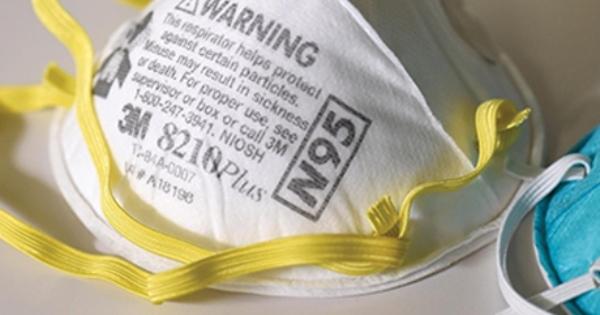
By the National Roofing Contractors Association.
Workers who regularly use respirators need to ensure their respirator provides the protection they paid for.
Construction Dive reports guidance from the federal government has warned workers of counterfeit respiratory protection and to carefully check the source of their respirators. Workers trying to protect themselves from sand, silica dust or COVID-19 should be aware of brands and models suspect of promoting counterfeit products and putting people’s lives at risk.
The National Institute for Occupational Safety and Health, which is part of the Centers for Disease Control and Prevention, says counterfeit respirators are being sold in the United States, and the models—many of them made in China—may not be capable of providing appropriate respiratory protection.
NIOSH has posted a list of dozens of suspect brands on its website, as well as what to look for in approved face coverings. Some brands listed as counterfeit include Valmy model VRN95; INSAFE; DermaCare or Espomega with model numbers HY8710, HY8812 and HY8816; Intech Safety Pvt. Ltd.; Safe Life model B130 and model B150; SAS model 8617A; and some models claiming to be from Shining Star Electronic Technology.
NIOSH-approved respirators have an approval label on or within the packaging of the respirator and/or within the instructions containing one the following designations: N95, N99, N100, R95, R99, R100, P95, P99 or P100. Signs that a respirator may be counterfeit include:
-
No markings
-
NIOSH spelled incorrectly
-
The presence of decorative fabric or other decorative add-ons such as sequins
-
Claims approved for children (NIOSH does not approve any type of respiratory protection for children)
-
Ear loops instead of headbands
Although approved for use in construction, recent studies show valved N95 masks are not suitable for COVID-19 mitigation as they can decrease the protection of those surrounding the wearer.
The new guidance says contractors should carefully consider where they buy their masks. Many of the problem masks come from online retailers, auction sites such as eBay and third-party distribution networks. NIOSH lists warning signs that a retailer is suspect, such as offering a low price compared with other outlets. It is also important to see whether the seller is marketing the same products over time or primarily selling trendy items.
View NIOSH’s list of counterfeit respirators.
Learn more about the NRCA in their RoofersCoffeeShop® Directory.
Original article source: NRCA
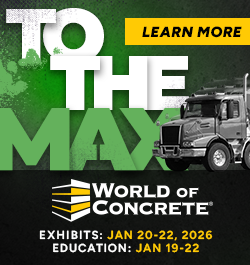

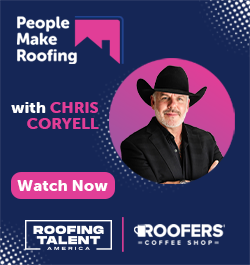




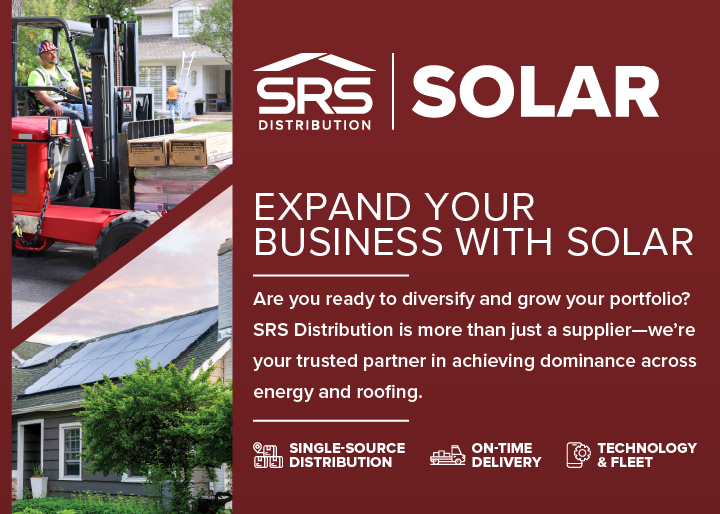





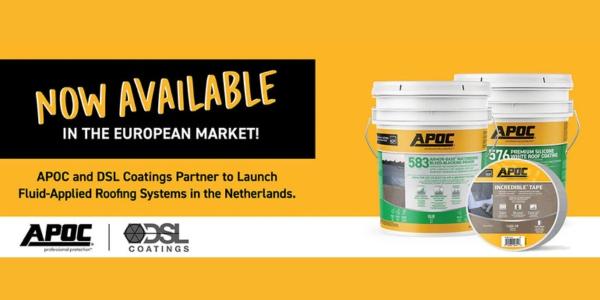
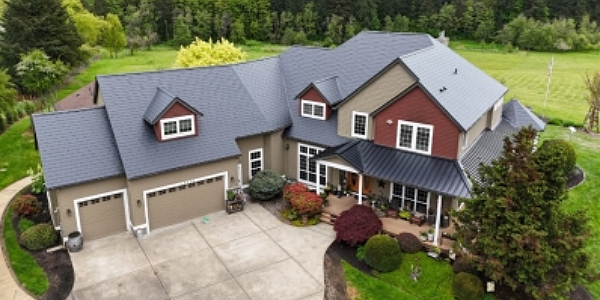

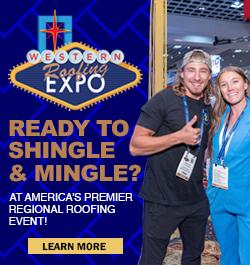
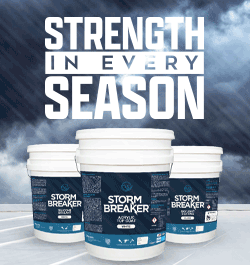


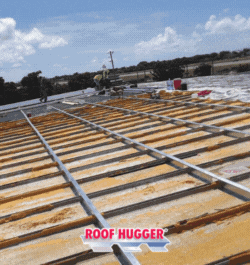
Comments
Leave a Reply
Have an account? Login to leave a comment!
Sign In